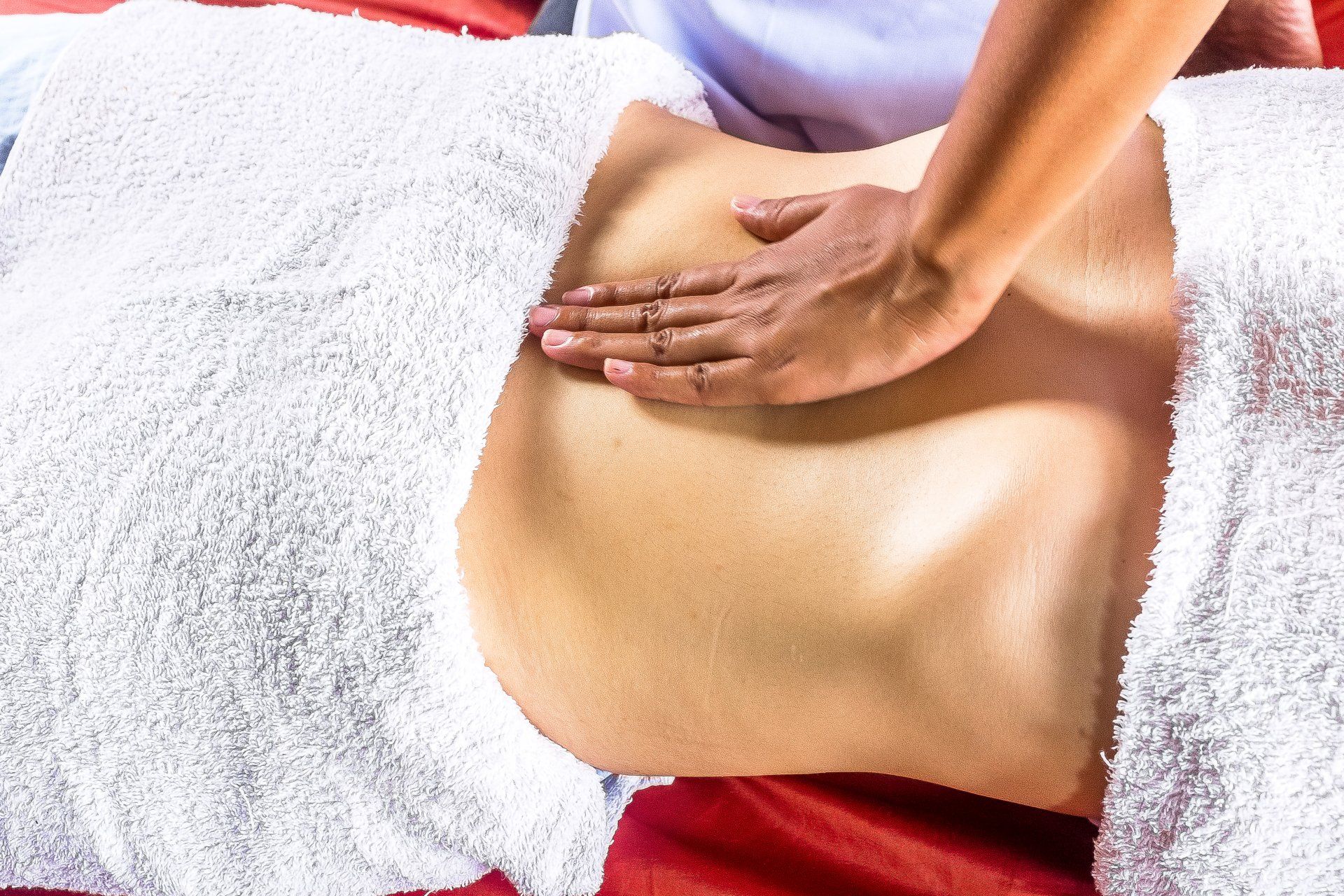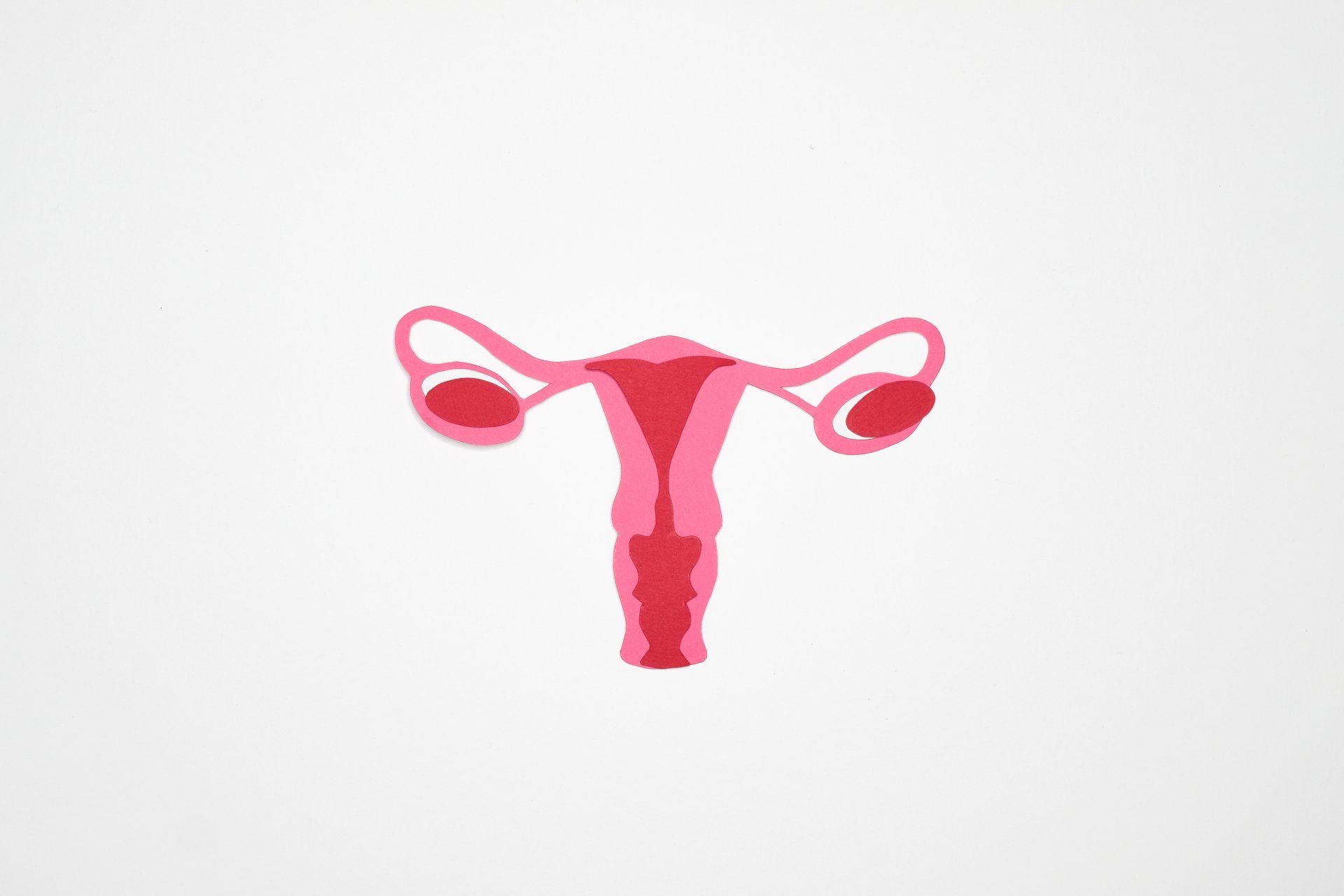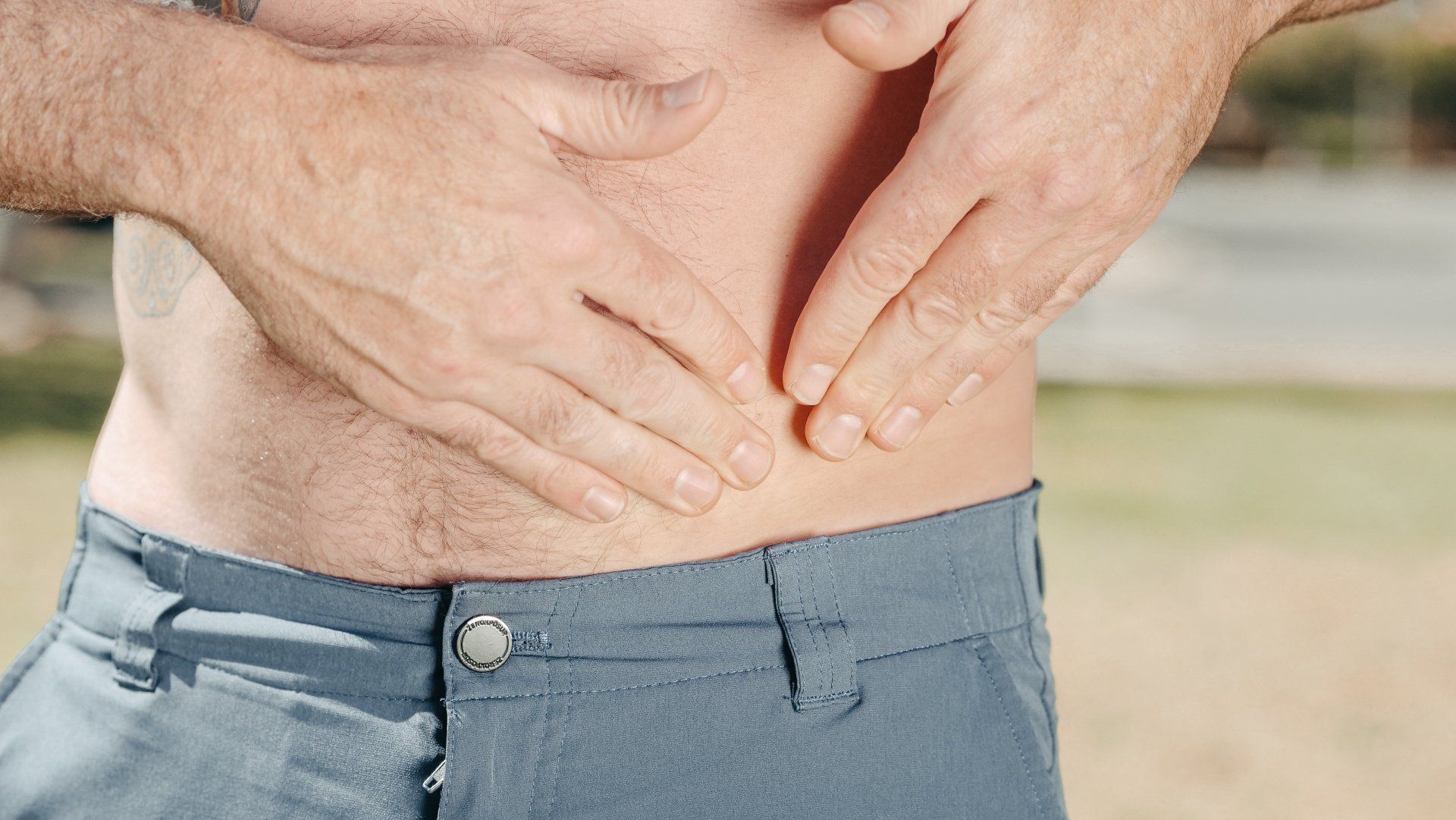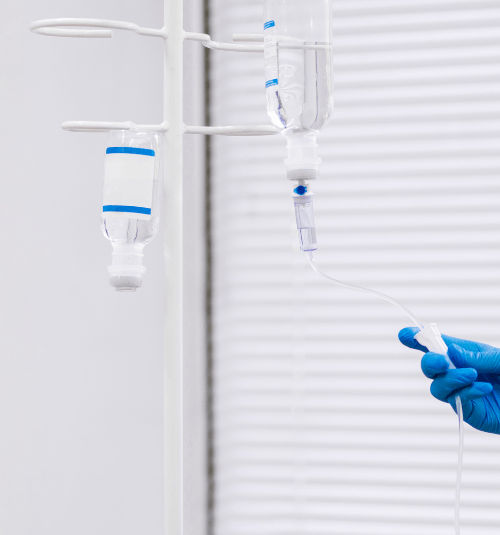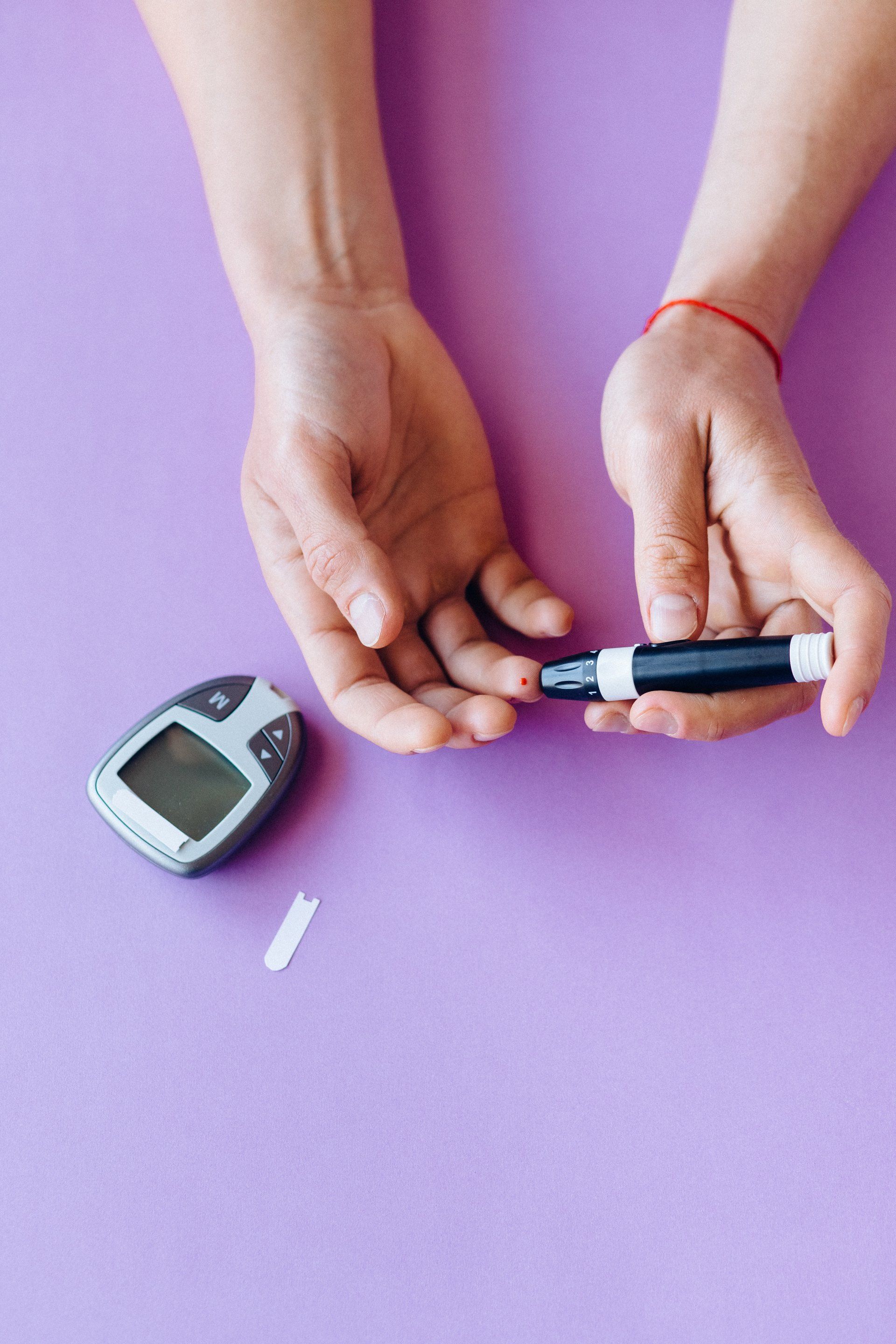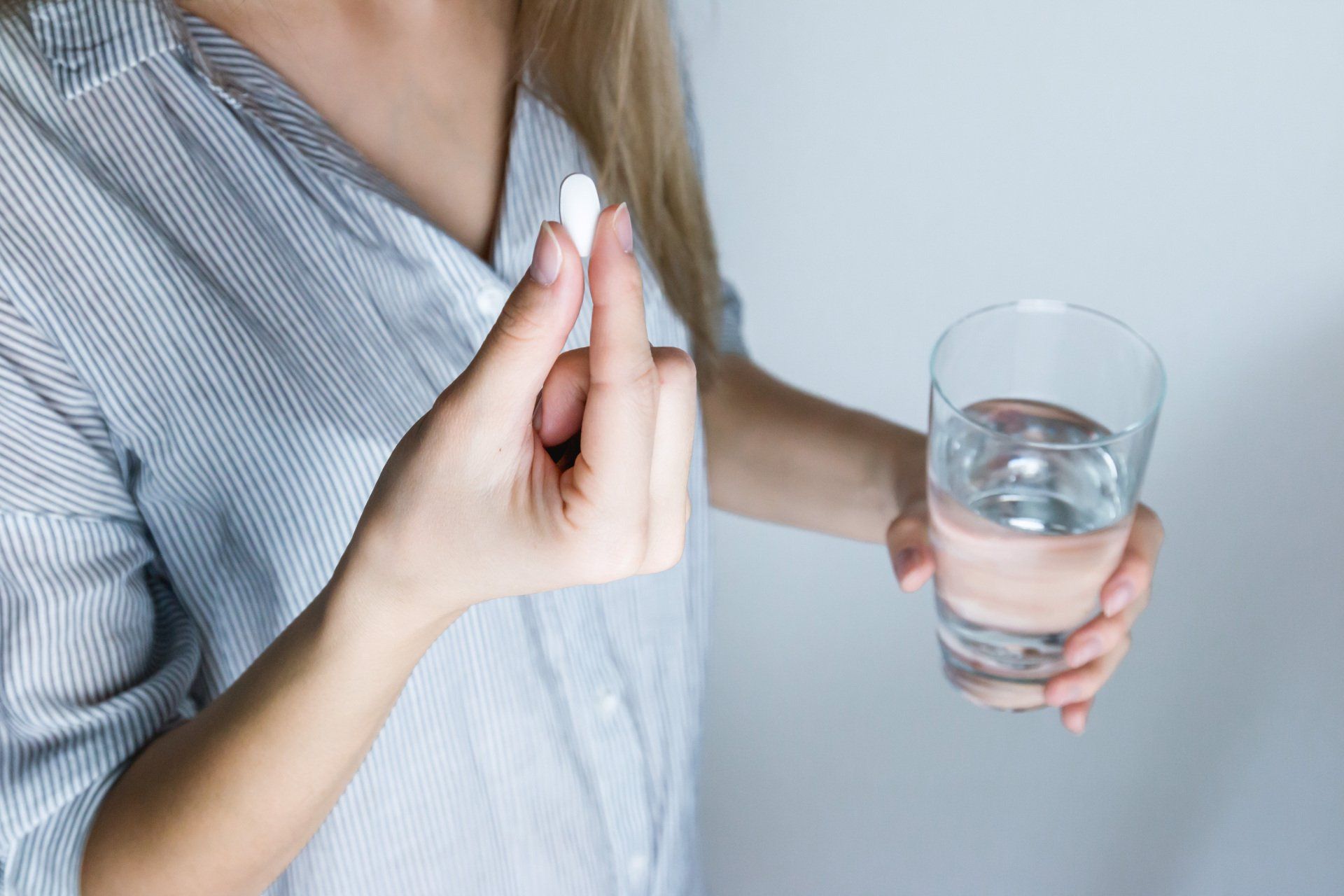Optimal Concussion Recovery
Optimal Concussion Recovery
Concussion symptoms can present in any combination of various physical, cognitive, and emotional symptoms. Although most individuals will make a full recovery within 10-14 days, studies show that 20% of individuals will experience symptoms greater than one month. Of that, 10-15% of individuals with symptoms persisting greater than three months will be diagnosed with PCS. No two concussions are the same, which is why individualized care and appropriate assessments are vital.
Here are three recommendations for optimal concussion recovery:
- Get Connected: Seek medical care ASAP so red flag symptoms can be addressed or ruled out. Working with a multidisciplinary health care team that is well versed in concussion treatment and therapy can greatly impact the trajectory of recovery. Proactive treatment has the potential to be beneficial in improving symptoms and reducing the likelihood of developing PCS. Brain injury can be associated with chronic symptoms, disability, and additional health complications as a result of injury; emphasizing the importance of adequate care and early intervention. A single therapeutic agent may be insufficient to improve outcomes, suggesting that a combination approach to patient care may be more beneficial. A multidirectional treatment plan addressing the variety of disturbances a patient may experience post-concussion is more effective at reducing symptom severity and frequency.
- Plan and Pace: Slow and steady wins the race! Despite being cleared to return to sport/work/school, a gradual return to physical and cognitive activity post-concussion may reduce symptom duration, with fewer post-concussive symptoms throughout. This method can be applied to social outings, activities of daily living, and recreational interests. Ask your health care team about developing a program for a successful and safe return. This may require the use of accommodations, return-to-play guidelines, and mental health support.
- Addressing the Pillars of Health
- Nutrition: Not only is nutrition implicated in injury prevention, but adequate and tailored nutrition can enhance recovery through its implications on physical and psychological well-being. This may be attained through diet modifications or supplementation.
- Sleep: Trouble sleeping or sleeping too much is a common symptom after sustaining concussion. Sleep is critical for tissue repair and healing. In addition, sleep quality has impact on mood, cognitive function, and disease prevention.
- Exercise: Remember when the advice was to sit in a dark room? This “cocoon therapy”, especially longer than 24-48 hours after injury, is detrimental to recovery. Rather, sub-symptom aerobic exercise can be beneficial for post-concussion. Specializing testing, such as the Buffalo Treadmill Test, can be administered to determine aerobic capacity.
Financials can be one of the biggest barriers to receiving adequate care post-concussion, so working with a practitioner who is acquainted with social services, programs, hotlines may be of service.
If looking for a practitioner who can empathize with the many challenges of navigating recovery and the health care system, I am here to help!
References:
Leddy, J. J., Wilber, C. G., & Willer, B. S. (2018). Active recovery from concussion. Current opinion in neurology, 31(6), 681–686. https://doi.org/10.1097/WCO.0000000000000611
Matuszak, J. M., McVige, J., McPherson, J., Willer, B., & Leddy, J. (2016). A Practical Concussion Physical Examination Toolbox. Sports health, 8(3), 260–269. https://doi.org/10.1177/1941738116641394
Brett, B. L., Meier, T. B., Savitz, J., Guskiewicz, K. M., & McCrea, M. A. (2021). Research Letter: Sleep Mediates the Association Between Prior Concussion and Depressive Symptoms. The Journal of head trauma rehabilitation, 36(4), E284–E288. https://doi.org/10.1097/HTR.0000000000000663
Turnagöl, H. H., Koşar, Ş. N., Güzel, Y., Aktitiz, S., & Atakan, M. M. (2021). Nutritional Considerations for Injury Prevention and Recovery in Combat Sports. Nutrients, 14(1), 53. https://doi.org/10.3390/nu14010053
Leddy, J. J., Haider, M. N., Ellis, M., & Willer, B. S. (2018). Exercise is Medicine for Concussion. Current sports medicine reports, 17(8), 262–270. https://doi.org/10.1249/JSR.0000000000000505
Connell, Amy Coyle RN, BSN. Concussions: Benefits of Academic Reentry Plans. Journal of Trauma Nursing: November/December 2017 - Volume 24 - Issue 6 - p 358-364
doi: 10.1097/JTN.0000000000000326
Silverberg, N. D., Iaccarino, M. A., Panenka, W. J., Iverson, G. L., McCulloch, K. L., Dams-O'Connor, K., Reed, N., McCrea, M., & American Congress of Rehabilitation Medicine Brain Injury Interdisciplinary Special Interest Group Mild TBI Task Force (2020). Management of Concussion and Mild Traumatic Brain Injury: A Synthesis of Practice Guidelines. Archives of physical medicine and rehabilitation, 101(2), 382–393. https://doi.org/10.1016/j.apmr.2019.10.179
Tator, C. H., Davis, H. S., Dufort, P. A., Tartaglia, M. C., Davis, K. D., Ebraheem, A., & Hiploylee, C. (2016). Postconcussion syndrome: demographics and predictors in 221 patients, Journal of Neurosurgery JNS, 125(5), 1206-1216. Retrieved Sep 19, 2022, from https://thejns.org/view/journals/j-neurosurg/125/5/article-p1206.xml
